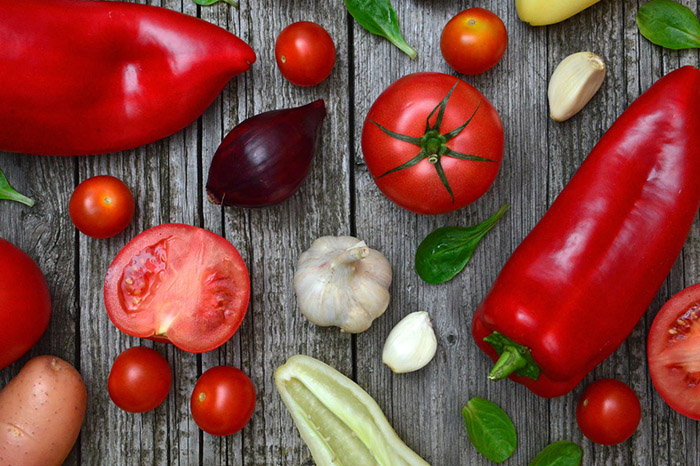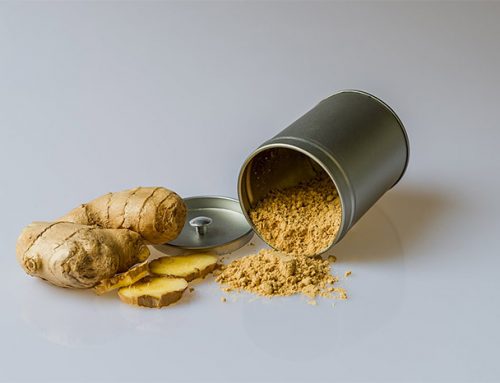Our nearly-3-year-old is starting to ask for foods which he has recently discovered e.g. ice cream, chocolate. He does so in such a polite manner, it seems cruel not to reward his requests. For example, “if I eat all my dinner can I have some ice cream for dessert?”; “Tomorrow can we have pancakes for breakfast?”
So how do we, as responsible parents, respond to such requests, and how often should young children receive treats like these as part of a healthy diet?
Registered Dietitian and Family Therapist, Ellyn Satter (http://www.ellynsatterinstitute.org) pioneered the Division of Responsibility in Feeding, which is the internationally recognized gold standard for how to feed children. The Division of Responsibility encourages parents to take leadership and children to become self-directed with feeding.
It works like this:
The responsibility of the parents (or caregivers) is to provide when, where and what food children will eat.
It is the child’s responsibility to decide whether they will eat at all and how much they will eat.
So, given this, just because my 3yr old son politely asks for ice cream, it does not mean that he should have it. Instead, I reply: “ice cream is a treat which we sometimes eat for a special dessert. Tonight we are having yoghurt (natural) and fruit for dessert”. If my son does not want to eat yoghurt and fruit, or only wishes to eat 1 mouthful, that’s fine, but I will not provide any alternative tonight. Perhaps on the weekend, or when it is appropriate, we will have ice cream for dessert.
So how often should you provide treats like ice cream for young children?
I recommend dividing foods into 3 categories for your children’s diet: Everyday Foods, Sometimes Foods, and Occasional Foods (see table below). For more detailed information on discretionary foods visit https://www.eatforhealth.gov.au/food-essentials/discretionary-food-and-drink-choices.
A young child’s diet should be solely based on Everyday Foods for as long as possible (at least until 2yrs or beyond). These foods provide the vitamins, minerals and fibre that growing bodies need. With rates of childhood obesity raising at an alarming rate, avoiding exposure to occasional, or even sometimes foods for as long as possible will help avoid excess calories from sugar and fat from these foods, as well as the unnecessary food additives (think colourings, flavourings, preservatives), and will ensure children receive the nutrients they need for optimal health and development.
However, at some stage, young children will be exposed to these foods, whether we (as parents) like it or not. And it’s important that they develop a healthy appreciation of these foods as ‘sometimes’ foods and ‘occasional’ foods so that they may have a healthy relationship with food during adulthood (preventing disordered eating, yo-yo dieting etc).
So back to my nearly-3-year-old son, somewhere along the line he has recently been exposed to ice cream and chocolate…., and has started asking for them on a regular basis. But our daily diet has not changed. Natural yoghurt +/- fruit for dessert is our norm, and occasionally, on the weekend, or for someone’s birthday we have vanilla ice cream. As for chocolate, I do not believe it is appropriate as part of a 3-year-olds diet, but I will allow the Easter Bunny to come to him this Easter!
Healthy Muesli Slice Recipe (makes 16)
1½ cup rolled oats
½ cup desiccated coconut
½ cup mixed seeds (I use a mixture of sesame seeds, pumpkin seeds, sunflower seeds)
1 Tbsp Chia seeds
½ tsp cinnamon
½ cup dried cranberries
½ cup raisins
1/3 cup honey
1/3 cup coconut oil
1/3 cup boiling water
1 egg, beaten
Method: Combine dry ingredients in a bowl. Dissolve honey with coconut oil in hot water, and then pour into dry mix. Add beaten egg. Mix together and press into greased slice tin, lined with baking paper. Bake at 160°C (fan forced oven, or 180°C for conventional oven) for 25mins. Remove from oven and cut while still hot. Stand 10mins to cool then turn out.






